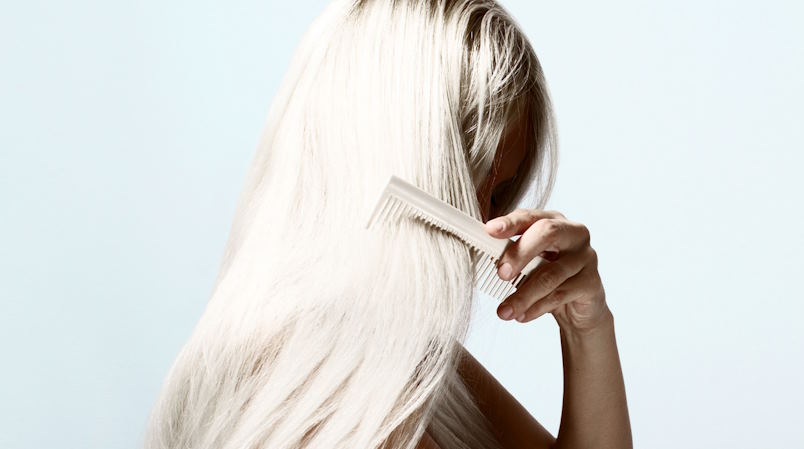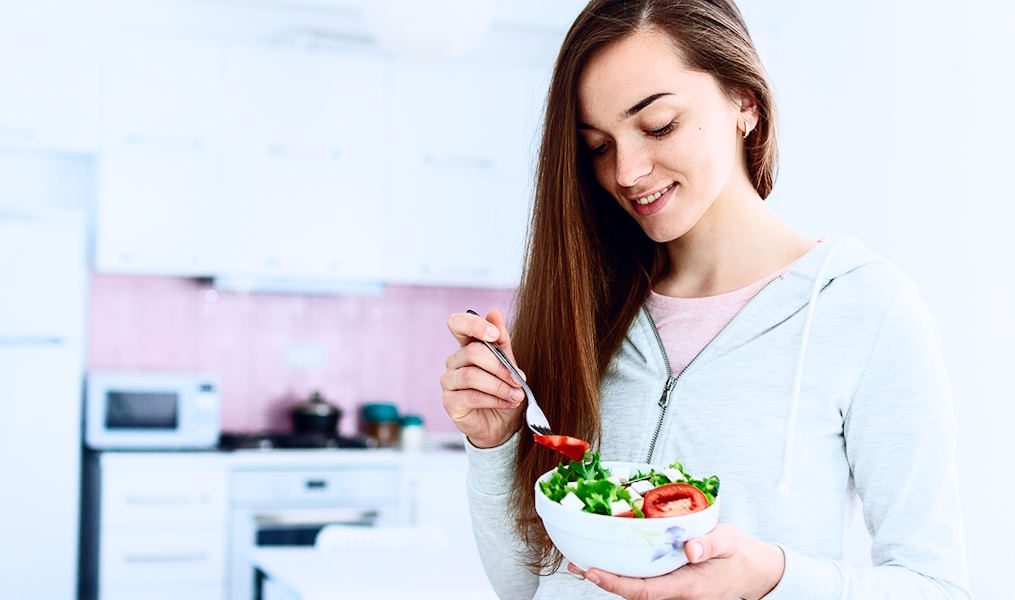
In the intricate tapestry of personal appearance, few elements are as captivating and impactful as a head of healthy, shiny hair. Our hair not only frames our face but also holds the power to boost our confidence and reflect our inner vitality. However, achieving and maintaining lustrous locks extends far beyond the realm of external treatments and styling products. The journey to vibrant hair begins from within – fueled by the potent interplay between our dietary choices and our hair’s health. The connection between nutrition and hair vitality is profound, underlining the importance of nourishing our bodies with the right blend of nutrients to foster not just strong and resilient strands, but an exuberant crown of natural beauty.
Essential Nutrients for Hair Health
The journey to luscious locks begins with the foundation of essential nutrients that nourish hair from the inside out. These building blocks play a pivotal role in fortifying hair structure, promoting scalp health, and enhancing overall hair vitality. Let’s delve into the key nutrients that weave the tapestry of healthy hair.
Protein
Protein isn’t just a buzzword in the fitness world; it’s a fundamental component of hair health. Hair is composed of a protein called keratin, making protein intake vital for maintaining hair structure, strength, and texture. Adequate protein ensures that each strand is fortified against damage, helping to reduce breakage and brittleness. Incorporating lean sources of protein like poultry, fish, eggs, and legumes into your diet provides the amino acids necessary for optimal hair growth and resilience.
Omega-3 Fatty Acids
The role of omega-3 fatty acids extends beyond heart health – these essential fats also contribute to a well-nourished scalp. Omega-3s help manage inflammation, ensuring a healthy environment for hair follicles to thrive. Fatty fish like salmon, walnuts, chia seeds, and flaxseeds are excellent sources of omega-3s, offering a dual benefit of scalp care and overall wellness.
Vitamins
- Vitamin A: This vitamin plays a pivotal role in maintaining a moisturized scalp by promoting sebum production. Sebum acts as a natural conditioner for the hair, preventing dryness and dandruff. Foods rich in vitamin A include sweet potatoes, carrots, spinach, and kale.
- B-Vitamins: The B-vitamin family, including biotin, folate, and B12, enhances oxygen and nutrient delivery to hair follicles. These vitamins are essential for optimal hair growth and vitality. Incorporate whole grains, lean meats, dairy products, and leafy greens to ensure you’re reaping the benefits of B-vitamins.
- Vitamin E: As a potent antioxidant, vitamin E contributes to a healthy scalp by protecting hair follicles from oxidative stress. Nuts, seeds, spinach, and avocados are rich sources of vitamin E, supporting both hair health and overall well-being.
Minerals
- Iron: Iron deficiency can lead to hair loss and reduced hair growth. This mineral is vital for delivering oxygen to hair follicles, ensuring proper hair growth. Lean meats, beans, lentils, and fortified cereals are iron-rich choices to include in your diet.
- Zinc: Zinc supports hair tissue growth and repair, aiding in maintaining the structure of hair proteins. Incorporate zinc-rich foods like nuts, seeds, whole grains, and dairy products to keep your hair strong and resilient.
- Selenium: This mineral contributes to a healthy scalp by promoting proper blood circulation. Brazil nuts, fish, and whole grains are excellent dietary sources of selenium that can enhance your hair’s foundation.
Hair-Boosting Nutritional Habits
Beyond the realm of serums and treatments, the secret to vibrant and lustrous hair lies in the daily choices we make in the realm of nutrition. Cultivating hair-boosting habits isn’t just about what we eat; it’s a holistic approach that embraces variety, balance, and sustainability for overall hair health.
Incorporating a Variety of Nutrient-Rich Foods
Just as diversity enhances ecosystems, a diverse diet is key to nurturing healthy hair. Each nutrient plays a unique role in promoting hair vitality. By incorporating a colorful array of fruits, vegetables, lean proteins, whole grains, and healthy fats, you’re supplying your body with a spectrum of vitamins, minerals, and antioxidants essential for optimal hair growth and resilience.
Balancing Macronutrient Intake for Overall Health
While we often focus on individual nutrients, the balance of macronutrients—carbohydrates, proteins, and fats—is equally important. Carbohydrates provide the energy needed for hair growth, proteins build its structure, and healthy fats support scalp health and moisture retention. Striking the right balance ensures your body has the resources it needs for robust hair while maintaining overall well-being.

Poor Nutrition and Hair Problems
The saying “you are what you eat” holds true when it comes to the health of your hair. Poor nutrition can cast a shadow over your hair’s vitality, leading to a range of issues that manifest as lackluster locks. Let’s explore the detrimental effects of inadequate diets and excessive junk food consumption on your precious strands.
Hair Loss Due to Nutrient Deficiencies
Inadequate intake of essential nutrients can have a profound impact on hair health, leading to increased hair shedding and thinning. When your body lacks crucial vitamins, minerals, and proteins, it redirects its resources away from non-essential functions like hair growth. For instance, iron deficiency can lead to anemia, causing reduced blood flow to hair follicles and resulting in hair loss. It’s imperative to ensure your diet is rich in the nutrients vital for hair growth and maintenance.
The Connection Between Excessive Junk Food and Hair Deterioration
Your hair’s worst enemy might just be hiding in your favorite snack. Excessive consumption of junk food, high in sugar, unhealthy fats, and low in nutrients, can wreak havoc on your hair’s appearance and health. These foods contribute to inflammation, disrupt hormonal balance, and impair circulation – all factors that impact hair growth and strength. Moreover, diets high in processed foods lack the vitamins and minerals necessary for vibrant hair, leading to a lack of shine and vitality.


